Corruption
Featured Image: Leyen Bourla
By Nico Cost for GlobalSouth.co
“Corruption is the political, social or economic phenomenon in which a position of power is abused by one or more persons to grant unauthorized favors to themselves or others, in the latter case often in exchange for reciprocal or favored services.” [Source: Wikipedia]
Power is the keyword here. Someone who has power is capable of using that power for corrupt acts. Someone who once has power will be reluctant to relinquish that power. The person wants to retain power through corrupt acts.
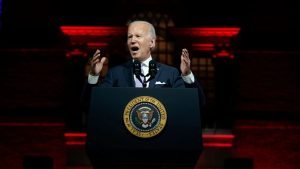
Man’s psyche enables hunger for power. Some people are fond of power and others do not care. We see the differences between managers and leaders. Managers are keepers of the status quo. They want as little change as possible unless it is to expand their power.
Leaders are builders of innovation from vision. Because they want to get others on board, they share the power with others. The ultimate leader not only gives away his own power, but also ensures that power does not linger anywhere. For he knows that any institution, as a result of that human psyche, will eventually corrupt.
We also see the difference in pet owners. Dogs need a boss and cats do not tolerate a boss. Dog lovers are more focused on having power, than cat lovers. It’s just ingrained in the psyche of humans. We are born with a pre-programmed character.

And of course in our early years of life, our character is further shaped by the examples we see in the family. After that, only traumatic experiences can cause major changes in our character. Changing your character out of a desire to become “a better person” is the hardest thing in the world. That is why that happens rarely.
Hazrat Inayat Khan
Inayat Khan (1882 – 1927) was the founder of the International Sufi Movement. The Sufism that Inayat Khan spread in America and Europe is also referred to as Universal Sufism by followers because of its distinctive nature. He was held in high esteem and is therefore still referred to with the honorary title “hazrat”.
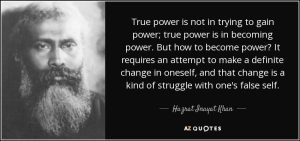
Inayat Khan told his followers that, above all, they should investigate everything for themselves. For example, by following different religions, but not lingering anywhere and thus growing and moving on when it was time to do so. He wanted nothing to be fixed, but to have the ability to change and renew.
I find his work extremely important for self-realization. Sufis offer precisely also to Westerners the possibility to escape from the quagmire of self-aggrandizement. Every school and education should pay attention to the universal wisdom that Sufis offer and have offered.
What I ran into, however, was the attitude of his contemporary followers. Twice I attended a meeting where we read Hazrat Inayat Khan’s wise texts and meditated on them. However, we were expressly not allowed to discuss the texts. I cannot imagine that he would approve of this approach.
Of course there may be practical reasons, but the value of his input lies precisely in the fact that Inayat Khan encourages us to grow, and we must do that together. Earthly truths are always only temporary and therefore everything should be open to question, even the wisdom of Sufis. Don’t linger anywhere, including Inayat Khan.
Where the leader Inayat Khan breaks things open and leaves everything open, his followers tend toward management. And this happens to so many sages, Buddha and Jesus not excepted. Leaders who lead by example and encourage us to self-actualization, but still too many followers who love power.
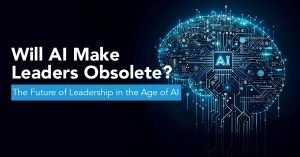
Power
Just try to remain “normal” when power comes your way. We see it in artists who are hoisted up on stage, many become a different person. People who go to work in a hierarchical power structure such as the military or police turn into robots who follow orders and issue orders.
And if you are susceptible to power, you can turn into an outright killing machine as we have seen in “the Milgram experiment”. Ordinary people who get their hands on lethal means. Ordinary people who could be childishly easily manipulated to do terrible things.
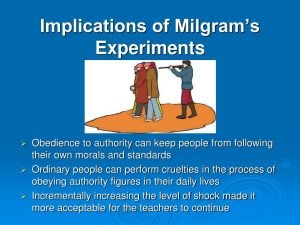
You can see the problem of power in two “types” of people. Obviously with the psychopaths who shaped Nazi Germany and had no qualms about murdering millions of people. But that ‘ordinary’ man who can be persuaded to do the executive work, we have to recognize that.
It is easy to point to elite corruption, but to what extent are we ourselves actually corrupt? What happens to me when I am given power and hoisted onto a stage? What happens in me when the power first obtained suddenly disappears and I am no longer the focus of attention? Twenty years of schooling has not taught it.

People are not concerned with it. We simply live – Unaware and thus susceptible to manipulation. Corruption is in all the capillaries of society. Everything has a price and so do most people. Consciously or unconsciously, we are part of the fight for power. Whether you want to or not. What do you have a grip on?
How can humans best organize themselves so that the still primitive psyche can focus as little as possible on obtaining and maintaining power? How do we organize ourselves so that individuals as well as institutions are protected from corruption as much as possible? What can the transition to “a better man” look like?

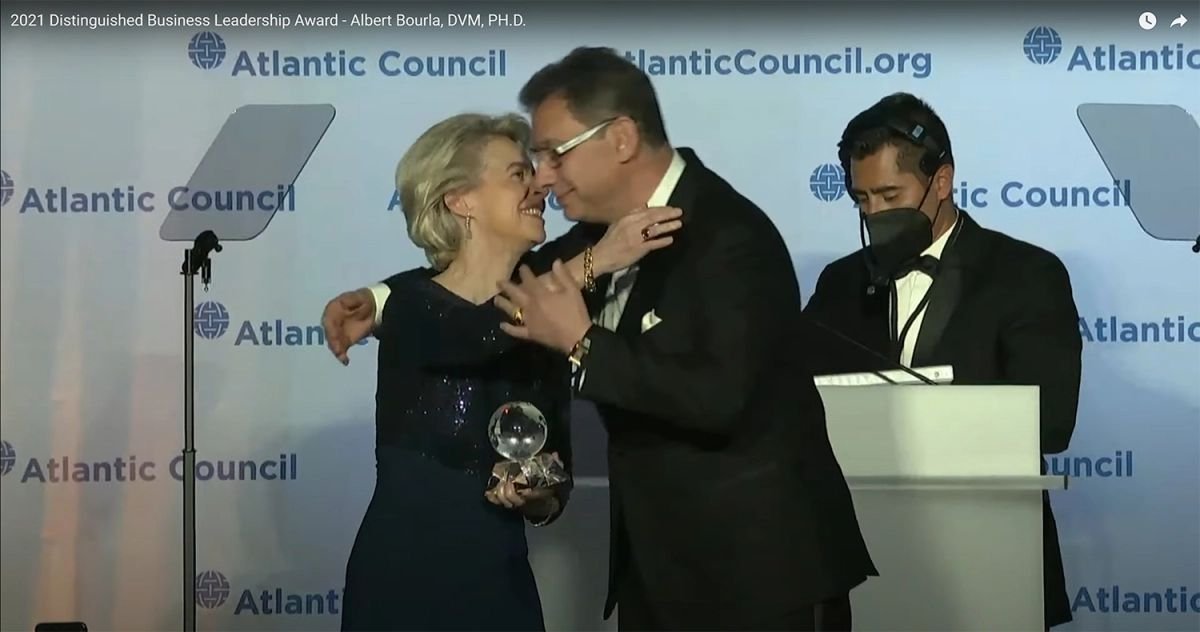

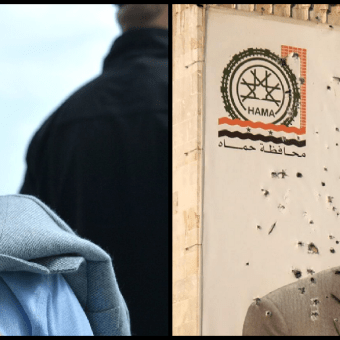
In answer to Nico’s “how?” : Locally: Collectivism, cooperation, tolerance. Nationally: socialism with any characteristics that work. if we can organise for violence, sports and superficial religions then we can equally organise for peace and cooperation if we have the will to do it. Nothign is hard coded in the… Read more »
I met Pir Vilayat (Inayat) Khan at the Farm in Summertown, Tenn. early to mid 70s and danced for a time (studied) with him.
I like to give it away if I get it – the power part of it. Very much a favorite, speech of J Krisnamurti, when he was supposed to take over the Theosophical Society — 19 early. And his speech gives me goosebumps to today. He was supposed to be… Read more »
Yes so very true, and its good to note that Krishnamurti is speaking (at least in this speech) of exoteric religions and sects not genuine Spiritual Paths, which do require an enlightened teacher and do require structure and are definitely not suited to the childish mind that only wants to… Read more »
Thank you for sharing this speech of J Krisnamurti. I didn’t know it, but do love it. The land has many path’s, one for each but none for all. We have to make our own path. I had a motto on my business cards: “A path is created by walking… Read more »
The whole story of Krisnamurti has always enchanted me. He was a small boy when C.W. Leadbeater found him on a beach somewhere in India, and in his words saw a radiant aura. One of the members, Annie Besant took him and his brother in and adopted them and started… Read more »
I am old enough to have known a man who knew Hazrat Inayat Khan. My acquaintance was interning at Royal Children’s Hospital in London when Vilayat Inayat Khan, his 7 yo son, was rushed to RCH for emergency surgery. After considerable time, the attending surgeon emerged to warn him that… Read more »